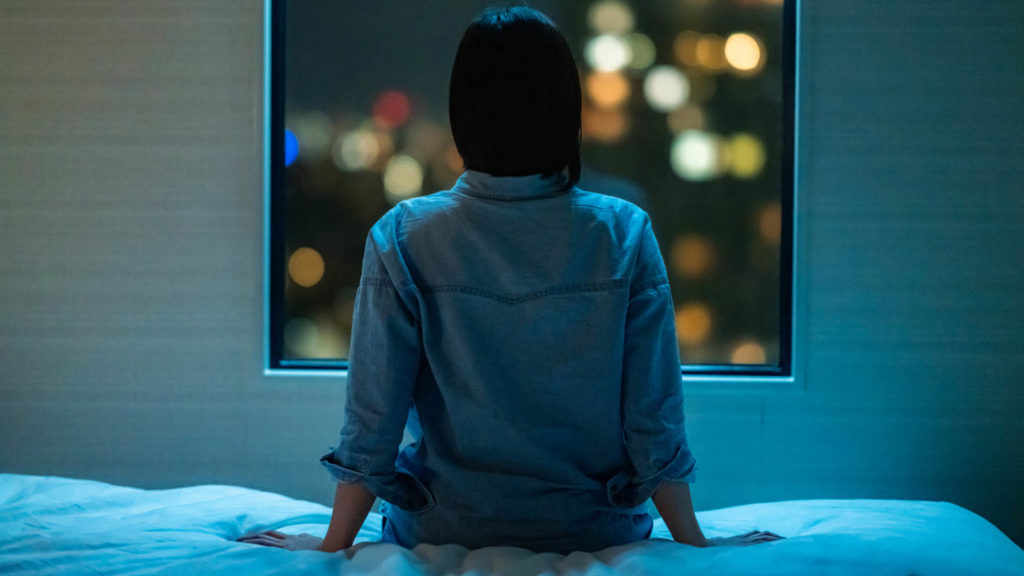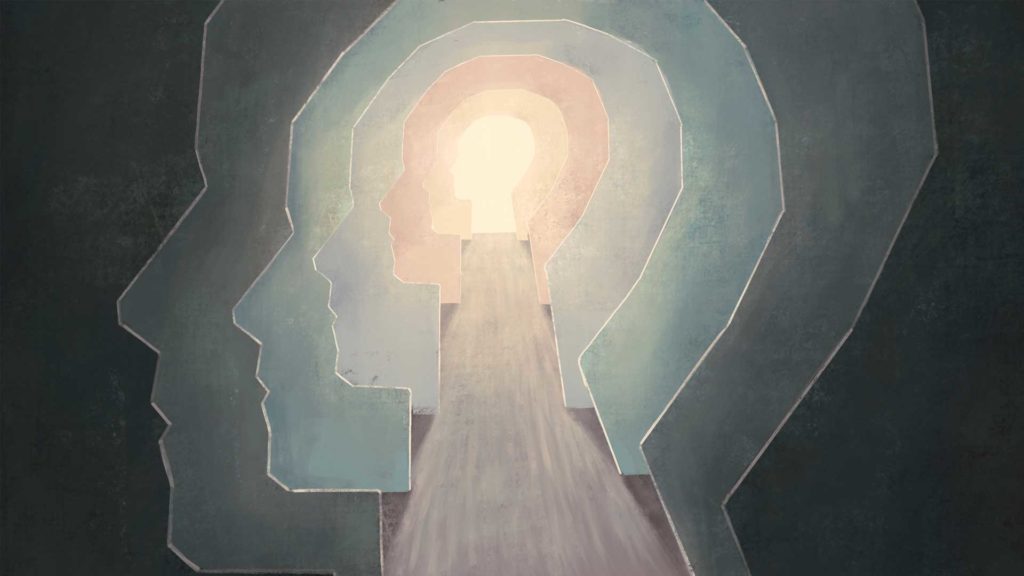
Steps You Can Take To Reduce Depression in Your Senior Years

If you are an older adult, there are many notable health concerns you may be worried about, such as heart disease, dementia, or arthritis. However, depression is also a health issue that many older adults face. In fact, according to the Centers for Disease Control (CDC), 18.4% of adults in the United States who have experienced symptoms of depression are 65 and older.
There are many factors that can contribute to depression in an older adult, including loneliness, a lack of physical activity, and the presence of other health conditions or physical limitations. However, older adults can reduce their risk of experiencing depression by living a healthy lifestyle and taking the right steps to support their mental health.
Exercise Regularly
One effective way to combat depression is to exercise regularly. Exercise is a great way to improve your health, and it can improve your sleep, promote neural cell growth, and release endorphins. These effects all help to improve mental health and reduce the symptoms of depression.
Exercise is wonderful for people of all ages, but if you are an older adult, it is important to choose a form of exercise that is safe for your heart and joints. Low-impact exercises like yoga, water aerobics, and walking are great ways to work more exercise into your routine. According to Harvard, these same exercises are the ones that increase neural pathway growth, which can relieve symptoms of depression.
Maintain a Healthy Diet
In addition to exercise, a healthy diet is integral in relieving depression among older adults. Studies have shown that a poor diet can exacerbate symptoms of depression, and if you are depressed, you are more likely to have a poor diet. Diet and depression have a cyclic relationship, but changing the foods you eat can break that cycle and improve your mental health.
That being said, older adults face additional nutritional challenges specific to their age group. Many older adults have a reduced appetite, an increased risk of gastrointestinal issues, and sometimes have limited funds for purchasing food. These can all combine to lead to someone becoming malnourished.
Despite these challenges, it’s imperative to seek out foods that can help with depression if you’re currently battling symptoms. Milk provides vitamin D, which has been proven to reduce depression. Carrots are full of beta-carotene, which studies have found can also reduce symptoms of depression.
Seek Out Social Interaction
If you are experiencing prolonged isolation or loneliness, then you are at a higher risk for depression. Older adults dealing with loneliness are often uncertain about how to make friends in retirement, and may be dealing with the death of a spouse, a loss of contact with old colleagues, and aging children who are living separate lives.
According to the American Psychological Association, loneliness is connected to depression, poor sleep quality, and cognitive decline. Social isolation can even double a person’s risk of an early death.
If you are an older adult who is struggling with loneliness, there are ways that you can increase your social activity and make new friends. Some hobbies for older adults looking to socialize include book clubs, bird watching, community gardening, and exercise classes.
Prioritize Better Sleep
Studies have shown that acute sleep deprivation is linked to depressive symptoms. For older adults looking to reduce their risk of depression, this means taking steps to improve their sleep. This can be difficult because older adults are more susceptible to insomnia. However, there are methods you can use to improve your quality of sleep to better your health.
When it comes to improving your “sleep hygiene,” the CDC has several suggestions:
- Have a regular sleep schedule to improve the quality of your sleep. Go to bed and wake up at roughly the same time every day.
- Make sure your sleeping area is dark, quiet, and cool to reduce the risk of waking up in the middle of the night.
- Avoid large meals, alcohol, and caffeine close to bedtime, as ingesting these things will often keep you awake.
By following these suggestions, you can experience the benefits of better quality sleep and see positive changes in your mental and physical health.
Stay Busy
When someone is feeling depressed, they often lack the motivation to participate fully in their own lives. One way to combat symptoms of depression such as fatigue, lack of motivation, and sadness is to stay busy. A sense of purpose has been shown to improve emotional recovery after exposure to negative stimuli. This means that people with a purpose are better able to be resilient.
There are many ways that older adults can create a sense of purpose in their lives. You can volunteer in your community, learn a new skill, or take steps to earn money through stock trading or finding an online job. Each of these activities provides older adults with a fuller schedule and stronger sense of purpose, reducing their risk of feeling useless or depressed.
Consult With a Therapist
While all of these steps can greatly improve symptoms of depression, sometimes lifestyle changes aren’t enough. If you find that you need additional help to improve your quality of life and reduce your symptoms of depression, then working with a therapist is a great option.
Some seniors may be hesitant to start therapy for several reasons, including:
- Financial cost
- Mobility issues
- Social stigma
The last reason is especially powerful. Feeling shame about seeking out professional help is understandable, especially if you and your family members have never been to therapy. There can also be a generational stigma attached to discussing mental health.
However, there are options that can make it easier for older adults to find care. One option is online therapy, which allows you to receive help from a counselor over the phone or on your computer. Another option is group therapy and support groups. These are often free or low cost, and can provide you with guidance from a counselor and a sense of community. You can look to local churches, community centers, and nonprofit organizations to find these programs.
Living with depression is difficult, but with lifestyle changes, improved diet and exercise, and professional help, older adults can have a better quality of life and mental health during their retirement years.
Content on this site is for reference and information purposes only. Do not rely solely on this content, as it is not a substitute for advice from a licensed healthcare professional. Aging.com assumes no liability for inaccuracies. Consult with your doctor before beginning any medications or programs.



